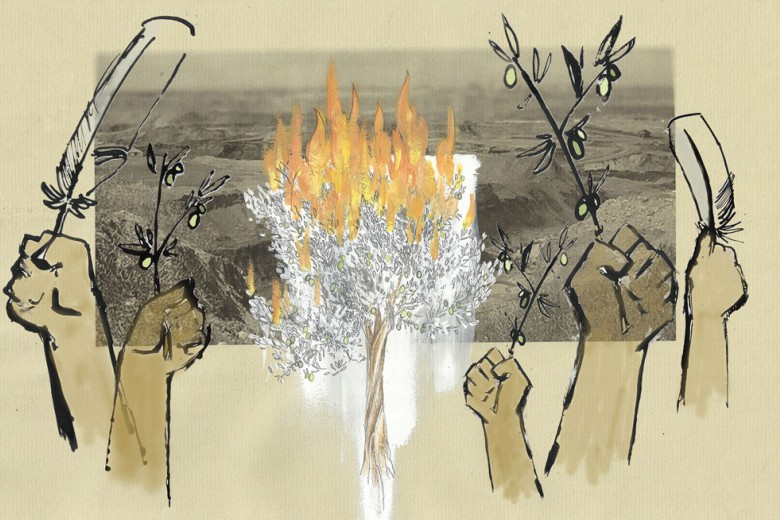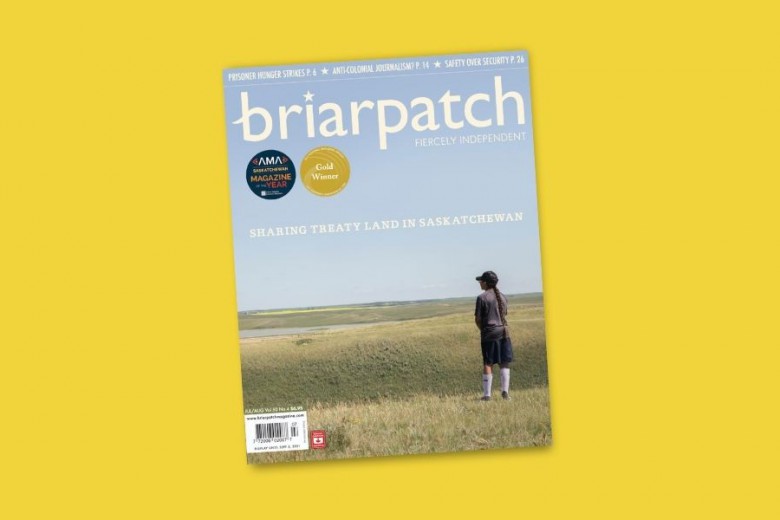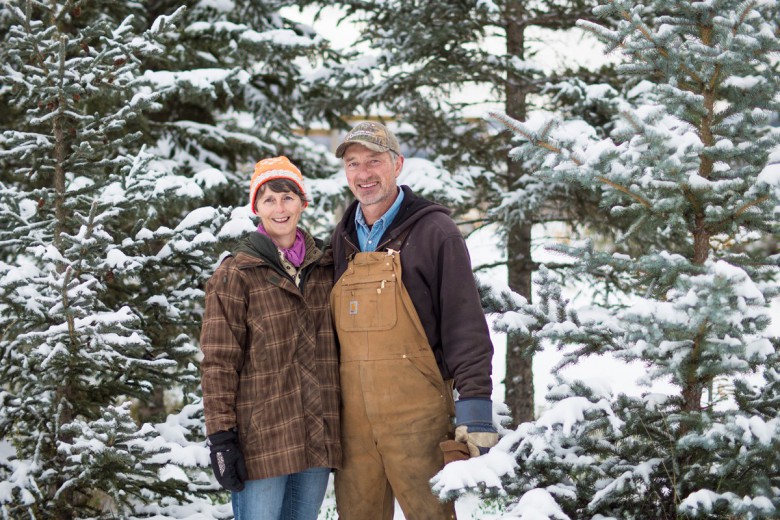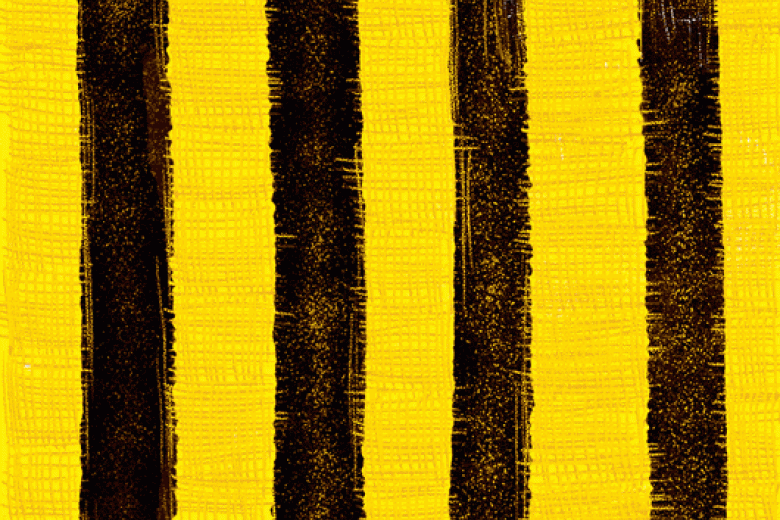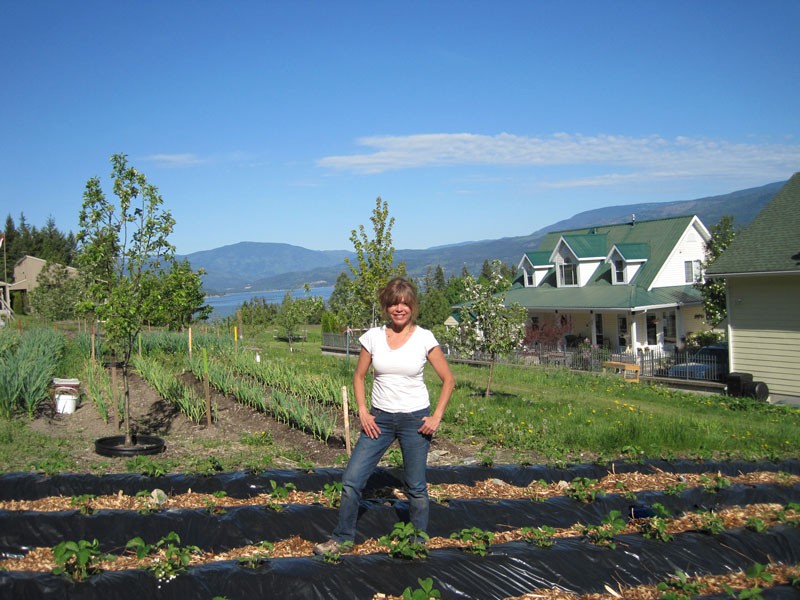
Food is political. It may be used as a lens to discuss issues of power and resistance, sustainability and social justice. Since the World Food Summit of 1996, global social movements have grown to use food justice as an organizing principle to challenge global capitalism and its negative effects on food systems. Both food security and food sovereignty are concepts that emerged from the 1996 Food Summit. The concept of indigenous food sovereignty represents a policy approach that extends the concept of food security through honouring the wisdom and values of indigenous knowledge in maintaining responsible relationships with the land.
While the meaning of these concepts continues to evolve, food security, as defined at the 1996 Food Summit, exists “when all people at all times have access to sufficient, safe, nutritious food to maintain a healthy and active life.” While food security emphasizes access to, as well as availability and utilization of food, Vandana Shiva, environmental activist and scholar, emphasizes that food security does not address issues of food production and food distribution, such as who grows the food. Food sovereignty, on the other hand, addresses these omissions because it arose from a global peasants’ organization, La Vía Campesina, that seeks to foster local food security “from below,” through de-linking from a dependency on globalized food networks. Indigenous food sovereignty specifically addresses the protection, conservation and restoration of indigenous food systems.
The concept of indigenous food sovereignty is deliberately broad because each distinct indigenous nation has its own language, traditions, and knowledge systems, meaning there are multiple indigenous ways of knowing. Native activist Dawn Morrison, coordinator of the B.C. Food Systems Network – Working Group on Indigenous Food Sovereignty and Comprehensive Community Planning Coordinator with the Neskonlith Indian Band in SecwepemcË™l’ecw (land of the Shuswap), emphasizes the process of collaborative inquiry that leads communities to a deeper, locally valid understanding of indigenous food sovereignty. To make the term locally meaningful, indigenous community members “explore, describe and reclaim our long-standing relationships within the land and food system.” An active, collaborative and community-based process is a critical part of indigenous knowledge production.
Morrison is a specialist in horticulture, ethnobotany, adult education and community development. While teaching a course on indigenous science at the Native Education Centre in Vancouver’s Downtown Eastside, she realized the importance of being connected to her ancestral land, culture and community. “Indigenous science is best taught and learned through active participation in natural systems rather than behind four walls of an institution. Coming to a deeper understanding of indigenous science and this ‘way of knowing’ about the natural world has thereby brought me home to my Neskonlith Secwepemc community in the southern interior plateau of B.C.”
Morrison is now committed to learning from and working with Elders and traditional hunters, fishers and harvesters to improve the health and well-being of the Secwepemc peoples. Renewing relationships with traditional land and food systems, and recovering language and way of life, are important parts of an indigenous food sovereignty framework.
As Morrison stresses, indigenous food sovereignty represents a “restorative framework for nurturing our relationships with one another and the culturally important plants, animals and waterways that provide us with our food.” As a collective, yet localized, social movement, indigenous food sovereignty has the power to address local links between land, food and health. Morrison states, “Since coming home, I have learned that food sovereignty and eco-cultural restoration provide a natural framework for health and community self-development in a way that both indigenous and settler communities can relate to.”
The increased involvement of indigenous communities in indigenous food-related action promotes healthier communities through a decreased dependency on globalized food systems and an increased participation in social networks working towards a more sustainable land and food system.
The Working Group on Indigenous Food Sovereignty, with whom Morrison works, asks non-indigenous allies to support indigenous peoples through their own pathways of action and their own efforts to achieve food sovereignty. According to Morrison, indigenous and non-indigenous peoples can achieve food sovereignty if we “work together to reinforce positive behaviours that build resiliency in ecosystems and communities.” Morrison invites communities, organizations and individuals involved in food security/sovereignty circles to use the WGIFS website to network and share information (see the website at www.indigenousfoodsystems.org for more information).


